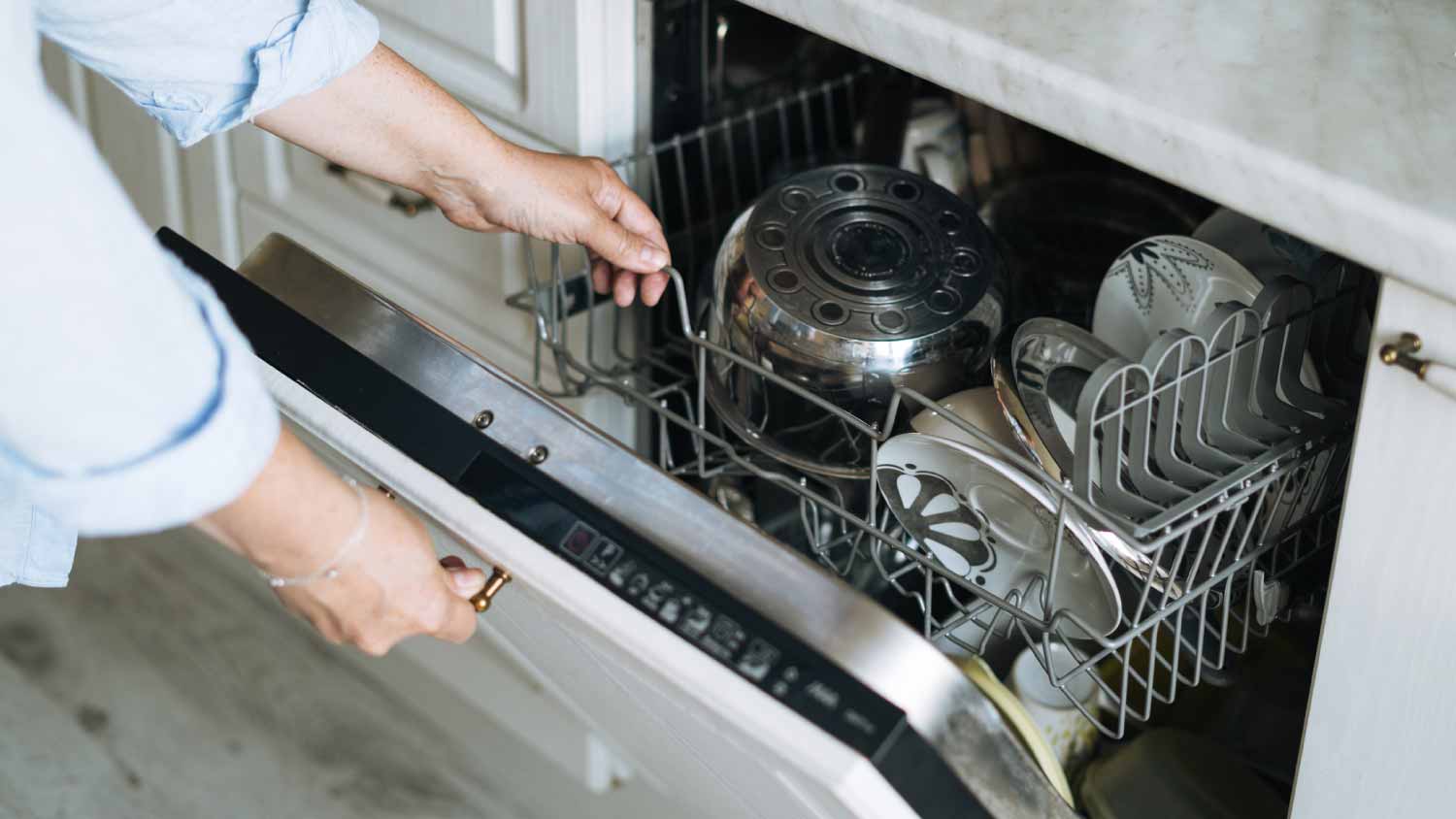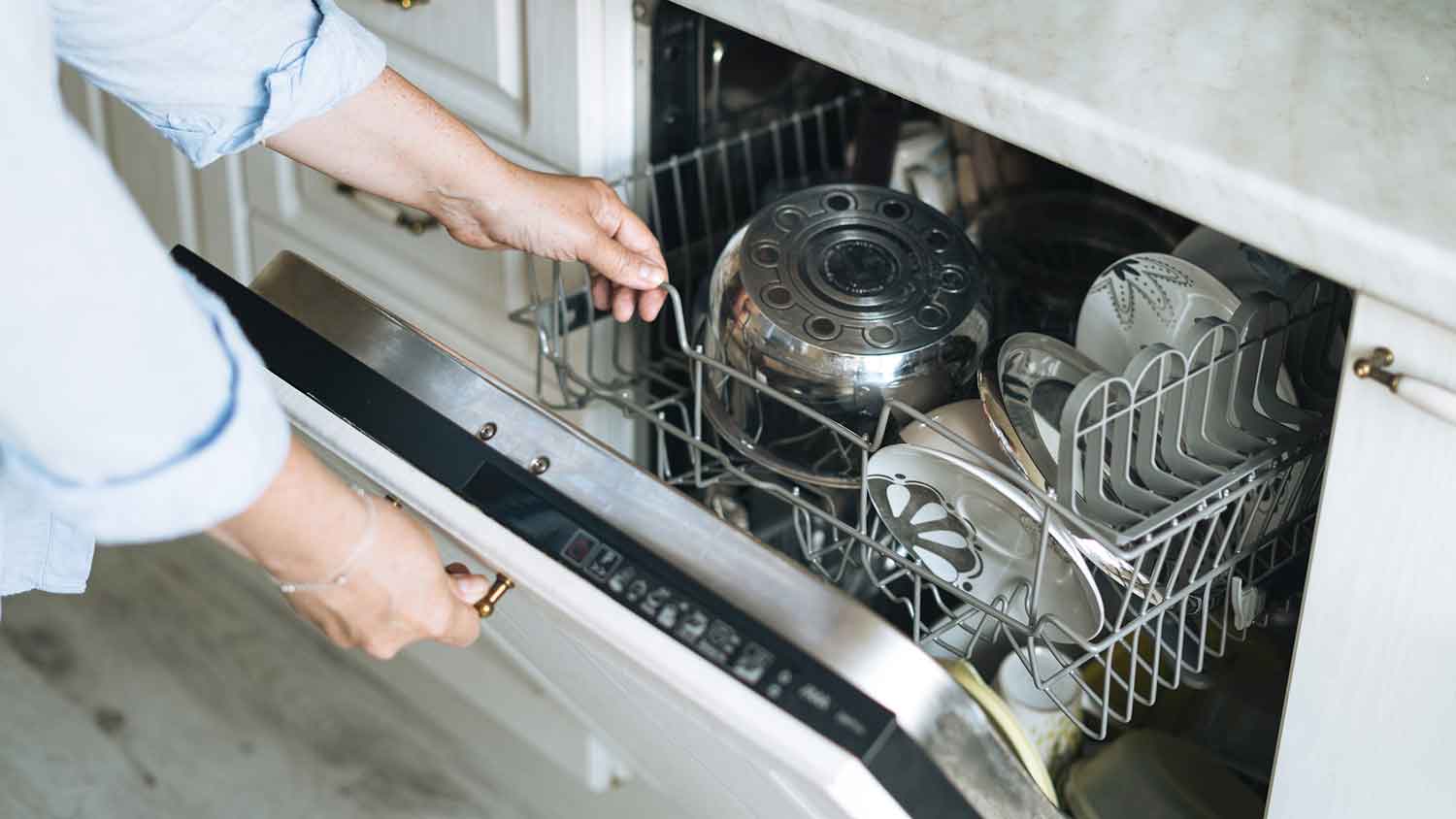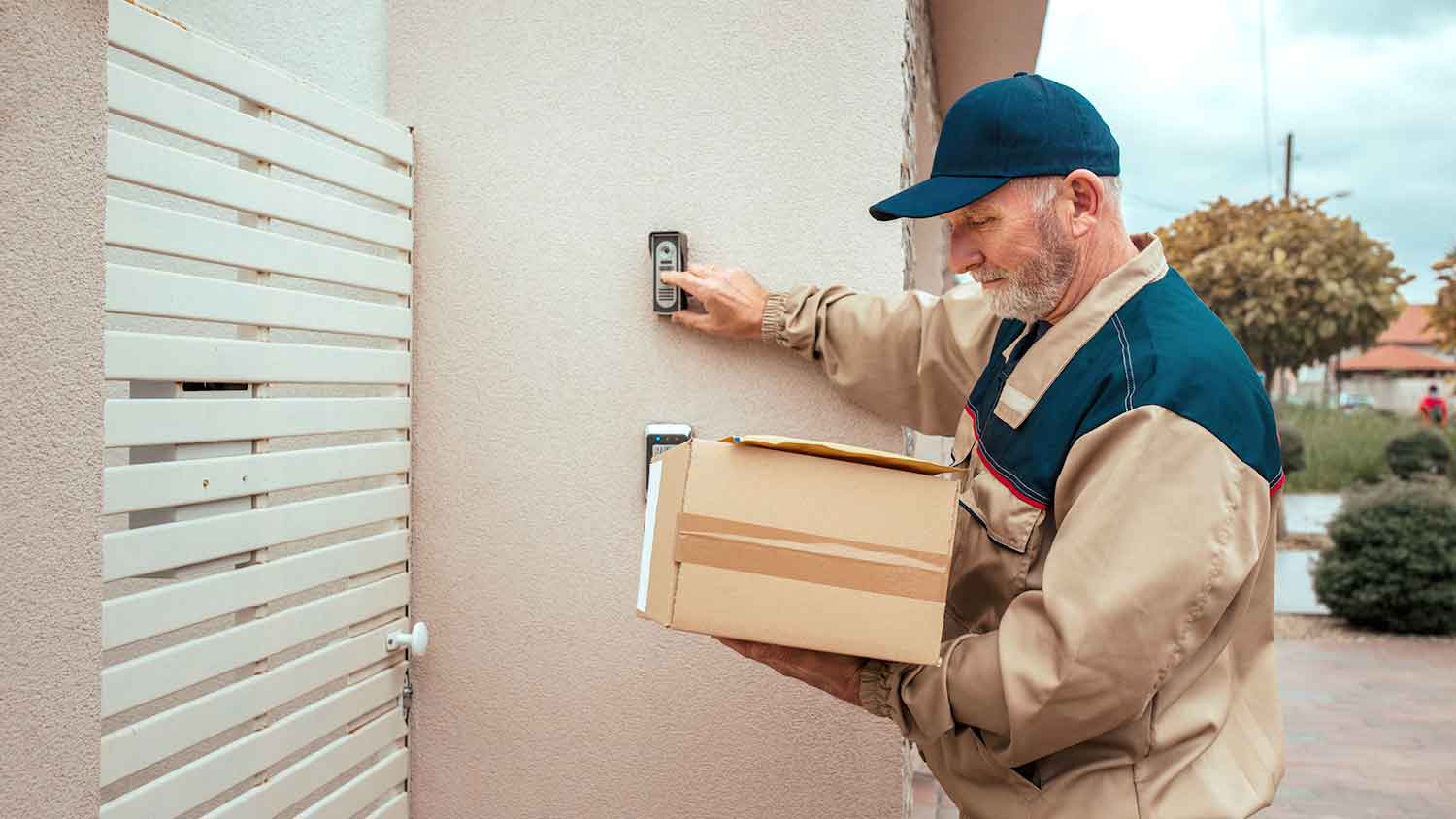7 Ways to Tell if a Used Appliance is a Truly Good Deal
One person’s trash isn’t always another person’s treasure, or is it?


Well, it's finally happened. Your refrigerator, oven, or washer-dryer finally gave up the ghost, and now it's time to get a new one, fast. Whether you're sticking to a tight budget or are on the hunt for a rare model of the past, buying a used appliance takes some planning.
According to Consumer Reports, you will save an average of 50% when you purchase a pre-owned appliance—but only if you go about it the right way. Here are seven tips to determine whether a used appliance is the right fit.
1. The Type of Appliance is Worth the Discount
Let's start with the base-level candidacy of what makes a great used appliance. A pre-owned purchase typically only makes sense for the five major appliances in your home. We're talking about the following:
Refrigerator
Washer
Dryer
Oven and range
Dishwasher
The smaller appliances—such as microwaves, window ACs, and toaster ovens—are typically too low-priced to cut the price further without giving up on quality. Microwaves typically only last about ten years and it can cost as much to repair one as it does to buy a new model. It's also best to avoid custom pieces, such as wall ovens, since they often fit within a pre-cut area for someone else's kitchen—but more on that later.
2. You've Weighed Life Expectancy vs. Cost
The value of a secondhand appliance also depends on how many years it has left to give. While we've all had those vintage dryers that somehow held on for 25 years, it's best to base your calculations on common appliance life expectancies. Let's look at the top five appliances again and the life expectancies for each:
Refrigerator: 6–15 years
Washer: 8–12 years
Dryer: 8–12 years
Oven and range: 10–15 years
Dishwasher: 8–10 years
If you're eyeing a well-priced dryer that's already ten years old, the unit may only have about two working years left before you’ll need repairs or have to buy a new one. This works fine if you just need an option that will hold you over until you save up for your dream model, but not ideal if you're hoping to keep it for the long haul.
3. You Have a Professional's Stamp of Approval
It's very tempting to hop on social media or Craigslist and buy your neighbor's old fridge to save money. Cutting out the middleman may save some money upfront, but take a moment to think through the lifelong costs.
Many used appliance stores, department stores, and even original retailers sell pre-owned or refurbished models with short-term warranties. Yes, the warranties may only last a few weeks or months, but the store ensured it was in working order before selling the model. Purchase a dishwasher off Craigslist, and nothing holds the seller accountable.
Also, try not to get drawn in by low prices on social media marketplaces. Used appliance stores are more likely to negotiate with you, even by adding in the fees for installation and delivery.
4. There is Ample Research on the Exact Model

Here's one nifty perk of not buying the newest model on the market—customer reviews. Buying used means that you have years of industry and user information on that particular model’s common issues and perks. If the appliance is too old and there are no longer ample reviews online, or if you can't get the serial number from the seller, take these as a sign to move on.
5. The Appliance Style Meets Your Needs
Just because you're looking for a deal doesn't mean you have to throw style and preferences out the window. The selection of pre-owned appliances may be much scarcer than new ones, but there is also a lot of turnover.
If you have some wiggle room in your timeline, wait for your local used appliance distributor to get in a new shipment. Homeowners scrap appliances when they renovate their kitchens, move to a new home, or simply want a fancy upgrade.
These large appliances also typically fit into a built-in area of a kitchen or laundry room design. So, it's not ideal to invest in a model that's slightly cheaper but requires you to retrofit your countertops.
6. When You Can Snag an Open Box Deal
The definition of "used" gets a bit fuzzy if you buy right from a big retailer or manufacturer. When a customer orders an appliance, opens it up, and then changes their minds, the price can plummet simply because it's been in someone else's hands.
Granted, aiming for an open-box or a floor model deal—when you buy the display model—narrows your choices even further. But if you're relatively flexible about your style and needs, keep an eye out for these not-so-pre-owned options that may even come with their original warranty.
7. You Won't Lose Money on Energy Bills
Last but certainly not least, let's talk about energy efficiency. Appliances are changing quickly, especially when it comes to how much electricity they need. EnergyStar notes that the average household can save up to $450 when purchasing their certified appliances.
If you're debating between a standard washer-dryer and a slightly pricier EnergyStar one, inquire about their standard energy usage when running or simply plugged in. Multiply this number by how many years it left its life expectancy, and you can calculate if the extra few hundred dollars is worth the leap.
Keep in mind that you will need to factor installation and delivery into your final bill. With a trusted local appliance installer lined up to help, you can both speak to them about choosing the right model and how to keep your appliances happy and healthy for years to come.





- Appliance Repair Companies
- Washing Machine Repair
- Dryer Repair
- Refrigerator Repair
- Dishwasher Repair
- Oven Repair
- Wood & Pellet Stove Repair
- Freezer Repair Services
- Wood Stove Services
- Gas Stove Repair
- Emergency Appliance Repair Companies
- Ice Maker Repair
- Gas Appliance Repair
- GE Appliance Repair
- GE Refrigerator Repair
- GE Dryer Repair
- GE Dishwasher Repair
- GE Washing Machine Repair
- Samsung Appliance Repair
- Samsung Refrigerator Repair
- Samsung Dryer Repair
- Samsung Washer Repair
- Samsung Dishwasher Repair
- Samsung Oven Repair
- Whirlpool Repair
- Whirlpool Refrigerator Repair
- Whirlpool Washer Repair
- Whirlpool Dryer Repair
- Whirlpool Oven Repair
- Maytag Appliance Repair
- Maytag Refrigerator Repair
- Maytag Washer Repair
- Maytag Dryer Repair
- Maytag Dishwasher Repair
- Kitchenaid Appliance Repair
- Kitchenaid Oven Repair
- Kitchenaid Refrigerator Repair
- Kenmore Appliance Repair
- Kenmore Dishwasher Repair
- Kenmore Washer Repair
- Kenmore Dryer Repair
- LG Refrigerator Repair
- Bosch Appliance Repair
- Kenmore Refrigerator Repair
- LG Appliance Repair Services
- GE Microwave Repair
- Electrolux Appliance Repair
- Electrolux Washer Repair
- Kitchenaid Dishwasher Repair Services
- Wood Stove Inspection
- Dishwasher Installation
- Trash Compactor Repair
- 8 Tips for Buying Kitchen Appliances
- Should I Repair or Replace My Appliances?
- What To Do With Old Appliances When You Replace Them
- DIY Appliance Installation: 9 Tips For Success
- How to Dispose of Appliances Properly
- When Is the Best Time to Buy Kitchen Appliances?
- 14 Things to Consider Before Buying Windows
- 11 Big Mistakes to Avoid When Building a New Home
- 11 Strategies for Kitchen Remodeling on a Budget
- How to Lower Your Utility Bills While on Vacation










